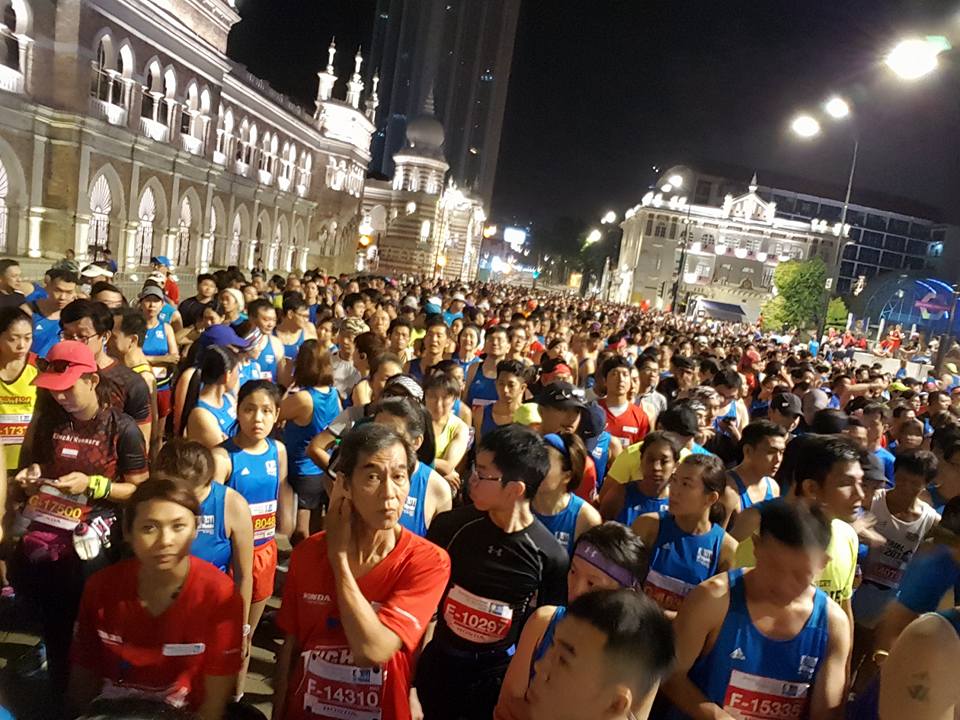Unsure what to ask your running friends after their weekend running event? Want to give encouragement but unsure what to say? Here are some talking points when you get to meet them.
Before that, here are some info about running events:
- A runner registers for a particular category. These are the common ones:
- Full Marathon / Marathon is 42.195 km.
Remember : A marathon runner runs 42 km. Anything below this distance is not a marathon. - Half Marathon is 21 km
- 10 km run (not a marathon)
- 5 km run (not a marathon)
There are trail run, ultra run – more than the distance of a full marathon and the list goes on. Ask your friend about the category.
- Full Marathon / Marathon is 42.195 km.
- Every runner who finishes a run within cut-off time gets a medal. No medal for non-finishers. This is one of the reasons why finishing a run is important to runners.
- Prizes on the other hand are for top runners for each category. Every running event has different categories – at organizer’s discretion.
SIMPLE YET Pleasant Questions
- Where did you run?
Some runners travel to run. They would participate in running events in different locations and cpuntries. This is because every running event offers different experiences ; climate, route, people, food and medal - How many km did you run?
Find out how many kilometers(km) he or she runs. A runner typically chooses the distance he or she wishes. Anything below 42 km run is not a marathon, they are just runs. A marathon runner runs a 42 km run. However, he or she may run a half marathon, 10 km or full marathon to suit their training plan and fitness level.
- How was the run?
Every run is different. Each run has different routes; some hilly, some flat and sometimes a mix of both. This affects the performance of the runner. The weather and temperature can affect performance too. - Are you happy with your run ?
Typically, runners who race have targets. They may be happy with performance and sometimes not. Sometimes, they can be happy to just finish the run without any injury. - What is your Personal Best time for <a particular category>?
Every runner wants to perform better in the category they register for. Personal Best (PB) time is a benchmark for runners to improve subsequent runs. Improving timing is important to them. - How many participants were at the run?’
There are a lot of participants at a running event, in thousands and some in five digit figures. A lot of runners compete at a run and the level of their performances differ from one to another. Unless your friend is a fast runner, or competes in a not-so-established event, typical podium winners are the professionals runners. - Who did you run with?
A runner may have a running group or buddies he or she trains with. There are runners who run solo.
- When is your next run?
If you have a nice conversation with your running friend, you can end with a positive note – asking about next running event.
Or you could offer a pat of your friends back and say Well Done! or Congrats! or Recover Well!
Better if you could join your friend


